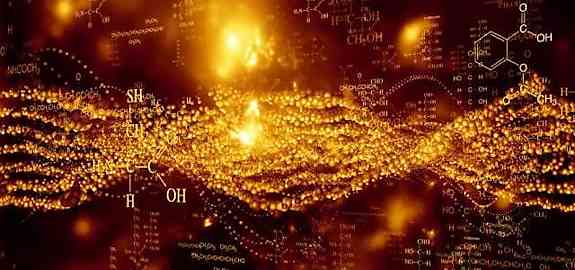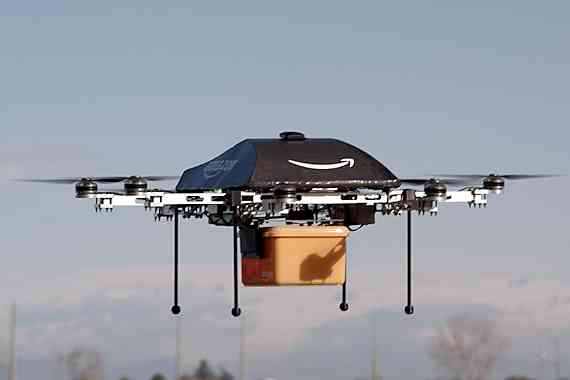
Biohacking is the term used in conjunction with your biological process and the integration of hacker principles. If you think of biology as a computer, and the way a hacker can infiltrate the system to make it work the way they want it to, biohacking can be easier to understand. The process of biohacking can involve a distinct combination of medical, nutritional and electronic methods to make the body function exactly as you want. Typically, those who engage in biohacking support the theory of “Transhumanism”, which states that fundamental altering of the human condition is possible through technology, which leads to a more advanced specimen of humans.
Benefits of Biohacking
For those who struggle with mental health disabilities, research suggests that biohacking can have a great impact on treatment. One of the goals of many biohackers is to boost serotonin and dopamine, which are the common neurotransmitters that increase good feelings. Biohacking can increase long term memory and productivity, and is said to have positive effects for both the mind and body.
In a scientific term, biohacking further advances the understanding of the body and its processes, with very little input from the medical community. Many biohackers feel that they can break free from the bars of traditional science and medicine, and make great progression toward being in charge of our own biology.
Many biohackers focus on cognitive health, balance of neurotransmitters in the brain, a positive productive mindset, and quick results. In theory, any progress toward improvement of the human mind and body can only help further a better population.
Disadvantage of Biohacking
The biggest issue many take with the idea of biohacking deals with the ethics involved. Because the field of biohacking is unregulated, many wonder if biohackers have the potential to create carcinogenic and pathologically detrimental organisms, either intentionally or unintentionally. The field has spawned a new discussion of biosecurity, which seeks to discover and manage the risks of biohacking to society. A specific code of ethics was created in 2011, by DIYbio for which biohackers should adhere, however there is no distinct rule requiring them to do so.
Additionally, biohacking is a relatively new theory, and while biohackers are quick to claim positive long term benefits, the longevity of the methods and techniques has yet to be truly tested. Biohacking is generally a free-for-all in terms of who can become a biohacker and what they can do with it.
Why it’s important
Biohacking can change the future of how we deal with our bodies. It’s an important new science which needs to be studied and have close attention by the public. In a regulated environment, biohacking can give humans a new perspective on their biology and really made tremendous advances in treating several conditions, like mental health and addiction. However, it’s not something that should be taken lightly, because the risks are real. Here’s to seeing what biohacking has to bring in the near future!
References – External Links
http://en.wikipedia.org/wiki/Biohacking



